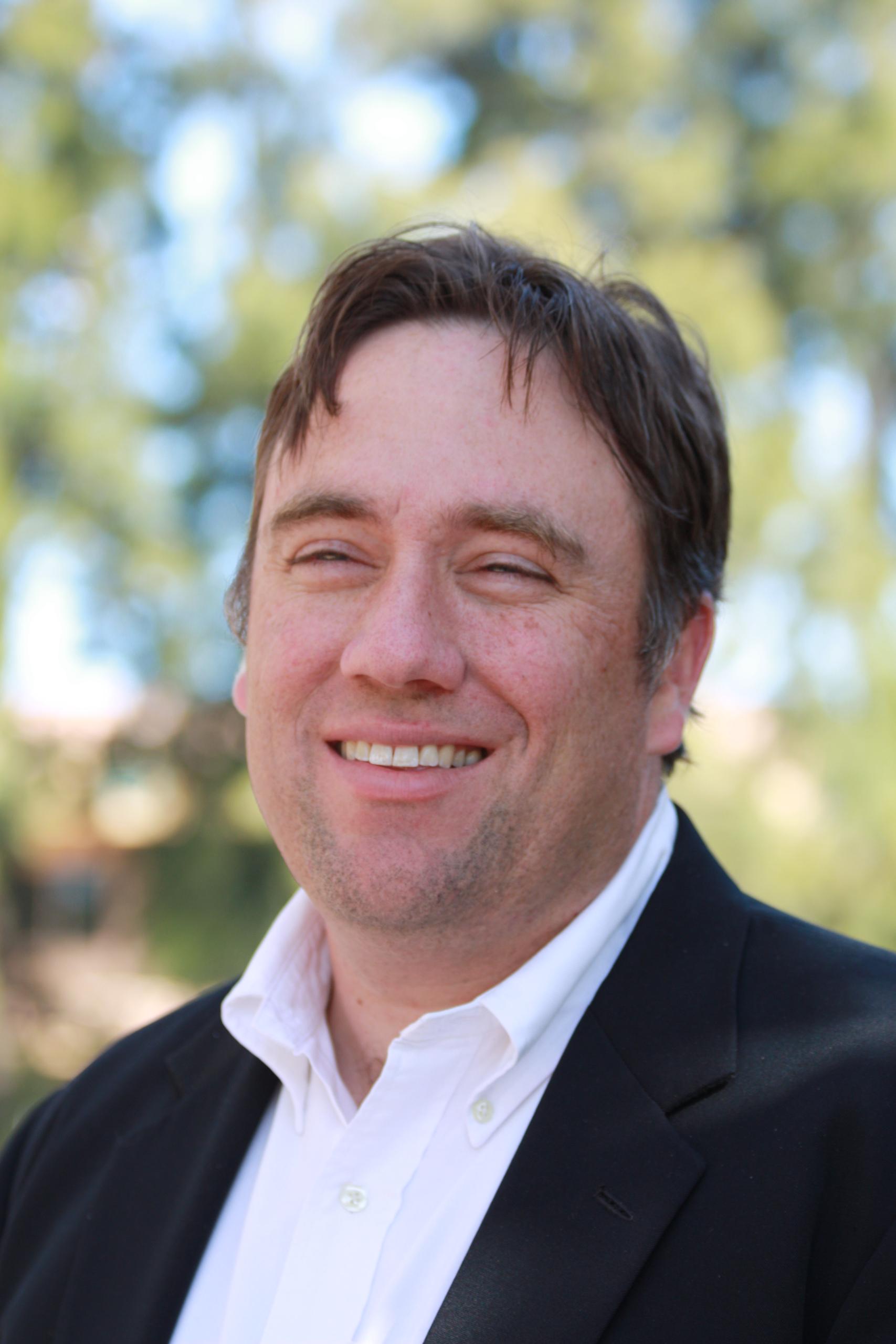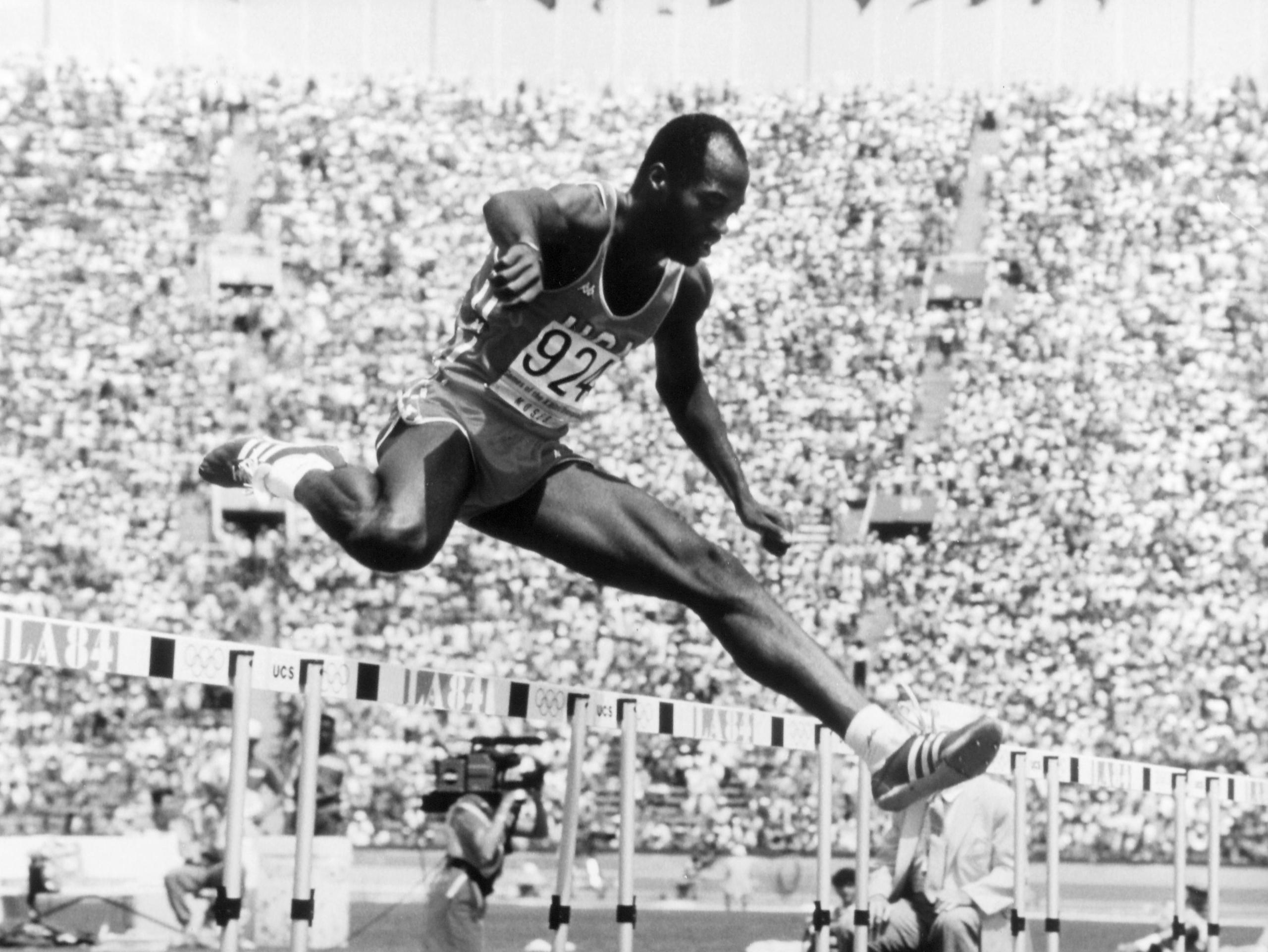Where and why democracy is winning
So much of today’s conversation and thinking about democracy is fundamentally wrong. The main error is the oft-repeated assertion that democracy is in retreat, or is fading.
People outside the United States (and inside it) say American democracy is dying because we have an ignorant and bigoted president who is actively seeking to undermine democratic institutions.
To be sure, our president is a problem, for our country and the world. But so is the misperception that democracy is defined by the leaders of a country.
Democracy is actually defined by its people, and how they work together locally.
I’m an American, yes. But I live 3,000 miles away from Mr. Trump in Los Angeles County, the most populous county in the United States. L.A. county has more than ten million people—more than Switzerland or Sweden.

The city of Los Angeles, with four million people, is just one of the 88 cities within the county. I live in one of the smaller cities, South Pasadena, population 25,000. South Pasadena, like most California cities, has two local governments; one for the municipality (police, fire, parks, the library), and the other for the schools, where I send my three young sons.
And, looking at the world from South Pasadena, I believe very strongly that local government isn’t just about how we govern our own neighborhoods and communities. It’s really the best forum for us to engage democratically with our states or provinces, our nations, and the rest of the world.
Now my claim is one that is easily dismissed by experts, people who believe they think much bigger because they think globally. Such people often treat democracy as if were a system of government that interacts with other systems. And these skeptical experts might well ask: what impact could my tiny local democracy make in the sea of Los Angeles County, the oceans of the US, and in the world?
The answer is: there are too many impacts to list here, but let me pick two that explain the two fundamental ways that local democracy shapes the world.
Here’s the first impact: In the 1950s, the US decided to establish an interstate highway system. Its official name is the Dwight D. Eisenhower Interstate Highway and Defense System. You might note the use of the word “defense” – to do anything big in my country, you have to at least pretend you’re addressing national security. And it was appropriate here. As a proud Angeleno, I can assure you that the Chinese and the Russians will never be able to conquer this part of America, because they could never handle the Southern California traffic.
This interstate highway system produced thousands and thousands of miles of new roads. Those new highways divided and in some cases obliterated thousands of communities across the US. And one piece of the system, the 710 Freeway, was to go through the heart of South Pasadena, on its way from the Port of Long Beach and the Ports of Los Angeles, the largest in the US, to points north and east. Many people supported this freeway for its economic potential (I did myself, before I moved to South Pasadena).
This freeway was supposed to start being built in 1965, but South Pasadenans came together, democratically, to challenge it, via local politics, then via the courts and finally by organizing democratically at the regional, state and federal levels. South Pasadena fought that highway for 52 years. Until this May, when the idea of a highway was killed.
Defense is one category of local government work. In this case, local democracy provided defense against the defense system, and a victory against the American military-industrial-infrastructure complex.
There’s another category of local democracy that’s even better than defense. It’s the offense—local democracy is the easiest way for us to reach out to the world and make an impact.
South Pasadena is a wonderfully diverse place that has benefited from immigration. It is home to many Chinese-American families, and even some whose members have recently come from China. A few years ago, parents, community members and school officials came together and decided – as other local communities in California have done – to offer language immersion programs in Spanish and in Mandarin. The idea was to link our children, our families and our future to the parts of the world where such languages are spoken. We would improve ourselves locally and train our children so they can make a greater impact in the world.
After some difficult planning, all done via the democratically governed school district with its elected board, the program was put in place. My local school, two blocks from my home, is the Mandarin one. And so my first grade son spends his day in a classroom with two teachers; one who speaks nothing but English to the students, the other who speaks nothing but Mandarin. His last report card said that his Chinese is excellent, but he needs to work on his English.
Such is the possibility of local democracy.
September 15 was the International Day of Democracy, which brings together the sort of people who believe in universal, Enlightenment principles of democracy, law and human rights. Such principles have some value, but I think we should be skeptical of global rules and principle, even of “international” democracy.
Human beings are not global or international, even if you travel a lot. We are the products of our environments, of the places we live, and of chance—where we came into the world, our parents. We are not really the authors of our own lives. And as a species, we have at best a very loose grip on reality. All of us are trapped in our illusions, and our unreality.
In such a world, when it comes to our deeply flawed species, universal principles can inspire, but they also can create conflict, antagonisms, and justification for violence. For humans, the safer, better bet is not to impose universal principles. Instead, the goal should be to muster an open, curious and flexible spirit, and working from our faith in human fallibility, to get together with the people around us to defend ourselves and to engage the world as best we can.
And such work starts with local democracy.
Is local democracy enough? Of course not. But if we are to pursue more direct and participatory democracy as we should, if we are to bring more democracy to a scary and authoritarian digital world, and if we are to pursue transnational democracy in a world where rich people and institutions exert power on a transnational level, we must strengthen our local democracies first.
If our communities are strong democratically, then they can defend themselves from the world and also reach out into it.
Look at my country. Our anti-democratic president has brought a burst of local democracy. When Trump is defeated, it will be clear that he was beaten from the local level.
Here in Southern California, local communities have come together to defend immigrants, especially the undocumented; to pursue climate action plans that will undermine Trump’s war on our climate; and to protect our elections from Trump’s efforts to undermine them. You see this combined local work being consolidated at the state level, as California positions itself as a haven within the US for people and ideals needing protecting from the American president.
It is no stretch to say that you can’t save a country, or the world, without local democracy.

In compliance with the JTI standards
More: SWI swissinfo.ch certified by the Journalism Trust Initiative












You can find an overview of ongoing debates with our journalists here . Please join us!
If you want to start a conversation about a topic raised in this article or want to report factual errors, email us at english@swissinfo.ch.